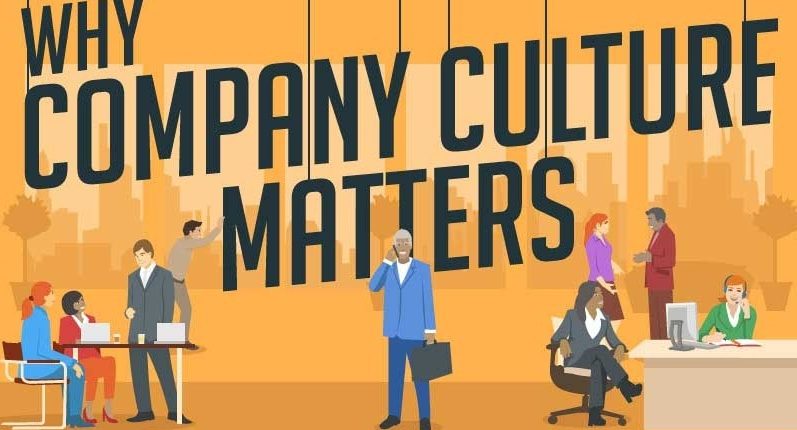Importance of Cultural Fit and what it means for your Business
The importance of cultural fit is widely recognised. So, how can companies build this into their recruitment process?
While the importance of cultural fit is widely accepted, it is something that many businesses find hard to define, and even harder to build into the hiring process. While it’s helpful to know that the broad definition of a candidate with cultural fit is one ‘whose beliefs and values are congruent with those within the organisation’, hiring these candidate can prove far more tricky. However, there are many ways that companies can use talent strategies to create constructive cultures.
Why are company culture and fit important?
The importance of cultural fit was summed up in the Harvard Business Review, which described it as ‘the glue that holds an organisation together’ and ‘the key trait to look for when recruiting.’ According to the Society for Human Resource Management (SHRM), the result of a hire that is a poor fit can cost an organisation between 50-60% of the person’s annual salary. In addition to this, low-level engagement as a result of a bad hire can lead to a 33% decrease in operating income. Conversely, a highly engaged workforce can improve a business’s performance by up to 30%, and create several other positive outcomes.
Defining your purpose
Once you’re sold on the importance of cultural fit, it’s crucial to define your purpose before embarking on any hiring. This means being clear on why your company exists, what it stands for, and where you want to go as a business. How this is best achieved will be depend on the dynamics of your firm. You could run focus groups, surveys or workshops involving the whole company, for example. It’s best to draw from as many internal resources for this stage of the process, and canvass opinions from all levels of the organisation – not just the directors.
The recruitment process
Once this has been achieved, the next step is to build cultural fit into all levels of the recruitment process. One of the most effective ways to do this is to introduce interview questions based on values. This will help you tease out candidates who are more likely to be a good match and give you something more objective to look at as a safeguard against bias.
Here are the type of questions that will help assess cultural fit in an interview. These will give away key indicators of whether a candidate is a good fit for your workplace:
• What type of culture do you succeed in?
• What values are you attracted to and what’s your ideal workplace?
• How would you describe our culture based on what you’ve seen?
• What best practices would you bring with you from another organisation? Do you see yourself being able to implement these best practices in our environment?
Alternative hiring methods
Another method to embed company culture in the recruitment process is by using technology to enable alternative hiring methods. Have candidates send in videos instead of cover letters, or conduct interviews over video instead of phone.
These strategies are most effective if they get a candidate to display elements of your company values and affinity to your culture. Using these preliminary screening methods to put across your culture in a more explicit way will also help you screen out many unsuitable candidates before having to assess them in person.
WR Search
Ultimately, most companies know the importance of cultural fit, and how it contributes to a productive, engaged workforce. However, without a well-established set of values, and dedication to building this into the hiring process, this is going to be much harder to achieve.
This is why we have invested in WR Search, our brand new retained model which has been carefully designed to empower businesses to hire for cultural fit. WR Search provides cutting edge insight, behavioural assessments and comprehensive on-boarding to save clients time and money, and advanced tools to help candidates land their dream job.
In fact, we’re so proud of it, we offer a 12-month replacement guarantee should a candidate leave – for any reason.
To find out more, contact us today


